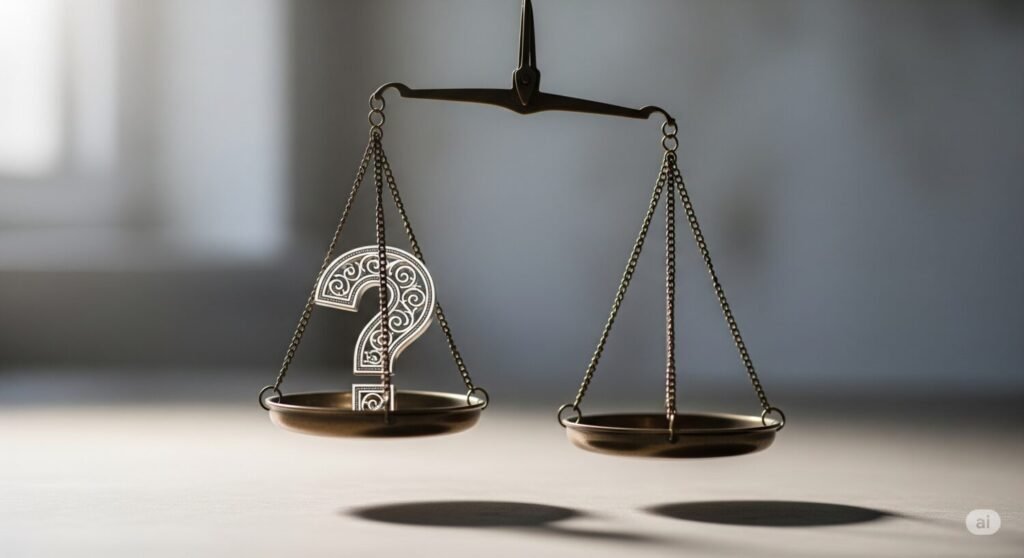Explore the Malegaon acquittal, Asaduddin Owaisi’s challenge to Indian leaders, and the complex questions it raises about justice and political impartiality in India.
The recent acquittal of all accused in the 2008 Malegaon bomb blasts case has ignited a significant debate across India, bringing critical questions about justice, accountability, and political will to the forefront. This decision, concerning an attack that tragically claimed the lives of six Muslim worshippers and injured a hundred others, has prompted strong reactions, particularly from All India Majlis-e-Ittehadul Muslimeen (AIMIM) MP Asaduddin Owaisi.
A Glaring Parallel?
Owaisi’s core argument revolves around a striking comparison: will the Prime Minister and the Maharashtra Chief Minister appeal the Malegaon acquittal with the same vigor they demonstrated in appealing acquittals in the 2006 Mumbai train blasts case? This question is more than just political rhetoric; furthermore, it delves into the perceived discrepancies in how justice is pursued, depending on the religious identity of the victims or the alleged perpetrators. It forces a public discourse on whether justice is truly blind or if external factors influence its path.
Unanswered Questions About the Investigation
The circumstances surrounding the Malegaon investigation have also come under scrutiny. Allegations of a special public prosecutor being advised to “go soft” on the accused have circulated, raising concerns about the integrity of the process. Additionally, the National Investigation Agency (NIA) reportedly sought to acquit a prominent accused who later became a Member of Parliament. These actions collectively paint a picture of an inquiry fraught with complications and potential interference, leading many to question its thoroughness and impartiality.
Consider, for example, the tragic death of police officer Hemant Karkare, who was investigating the case. His efforts were reportedly met with hostility, further clouding the narrative around the investigation. These elements contribute to a widespread sentiment that the pursuit of justice in this specific instance may have been compromised. Therefore, a deeper examination of these claims is crucial for public trust.
The Silence of So-Called “Secular” Parties
Beyond the executive and investigative bodies, Owaisi has also pointed out what he perceives as a deafening silence from Maharashtra’s “secular” political parties. He challenges them to demand accountability for what he describes as a “faulty” investigation. This criticism highlights a broader concern about political opportunism and the failure of various factions to consistently advocate for justice, regardless of the political implications. It raises the uncomfortable question of whether certain parties prioritize political expediency over fundamental principles of fairness and equality. Moreover, this silence can be interpreted as an implicit acceptance of the status quo, further eroding public confidence in the political landscape.
Implications for Indian Democracy
The Malegaon acquittal and the subsequent reactions underscore several critical points for Indian democracy:
- The need for transparent and impartial investigations: Any hint of political influence or bias in sensitive cases can severely damage the credibility of the justice system.
- Accountability of political leadership: Leaders are expected to ensure that justice is served equitably for all citizens, irrespective of their background.
- The role of a vigilant civil society and media: Their continuous questioning and scrutiny are essential to hold power accountable.
Ultimately, the debate surrounding the Malegaon acquittal is not merely about a single legal verdict. Instead, it represents a larger conversation about the principles of justice, the integrity of institutions, and the very foundation of India’s secular and democratic values. It compels us to consider how such cases shape public perception and, furthermore, influence the future trajectory of the nation’s commitment to equality under the law.









